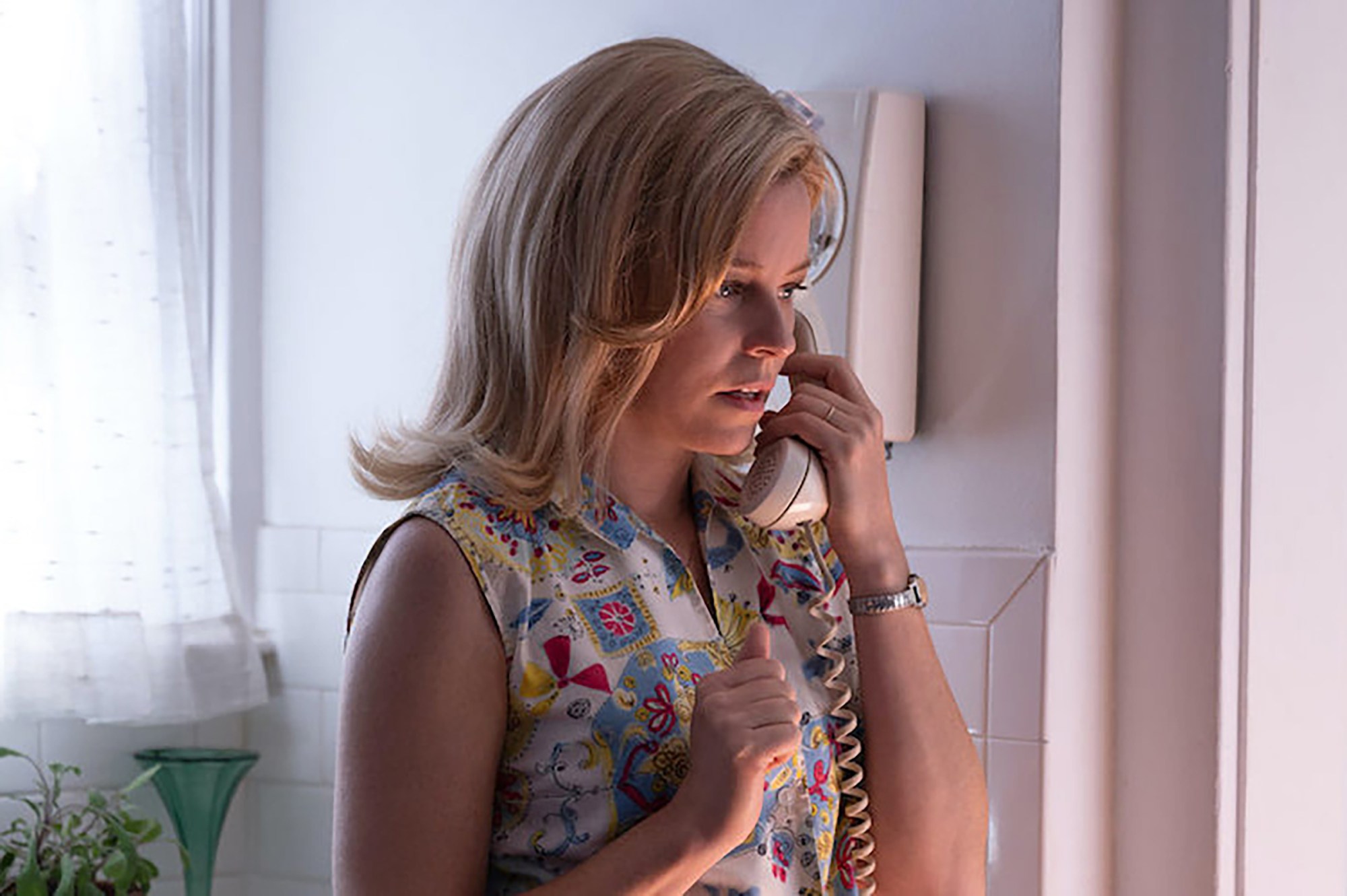
- Film
“Call Jane” for Help
Many women rightly feared that, after the election of Donald Trump as President of the United States in 2016, aided by a Republican majority in the Senate, he would appoint conservative judges to the Supreme Court, whose goal would be to curtail women’s freedom of choice. This is exactly what happened, on June 24, 2022, when the constitutional right to abortion, guaranteed by the Roe v. Wade since 1973, was overturned by the Dobbs v. Jackson Women’s Health Organization decision, leaving legislation regulating abortion up to the individual states rather than the federal government.
To date, 13 states enacted near-total abortion bans, with no exceptions for rape or incest, and made this procedure illegal. Other states have gestational limits, such as Georgia (six 6 weeks), and Arizona (15 weeks).
Vice President Kamala Harris said to Stephen Colbert on March 15: “It’s the height of irresponsibility, in fact, in many cases it’s inhumane what has been happening in states around our country that are passing laws that would criminalize health care providers, literally provide for jail time for doctors and nurses who provide reproductive health care, that would punish women for simply seeking the kind of care that they choose, that they need.”
Two pieces of work, that both debuted at Sundance and were released on streaming or in theaters later in 2022, the feature film Call Jane and the documentary The Janes remind viewers that what happened 50 years ago in women’s history is still relevant today, more so than ever. Women and feminist men have to mobilize again, as they did in the late 1960s, to help women obtain this simple medical procedure that saves lives and should be part of standard health care in every hospital in the country.
Call Jane, directing debut of screenwriter Phyllis Nagy, who had written the screenplay for Carol (2015) directed by Todd Haynes, tells the story of a middle-class housewife, Joy (Elizabeth Banks), in 1968 Chicago, with a teenage daughter and a lawyer husband, who is happily expecting a second child, when her doctor detects a heart condition that would make childbirth dangerous for her survival. However, the all-male board of the hospital denies her a medical abortion. She finds a note scribbled at a bus stop “Pregnant? Need Help? Call Jane,” and a phone number. Thus begins her discovery of this group of courageous women, headed by Virginia (Sigourney Weaver), who, with humor and compassion, provided this procedure that was then illegal.
The story of the real-life women who inspired this fictional feature is told in the documentary The Janes, which illustrates the historical background of the times, the civil rights and anti-war movements of the late 60s, and features interviews with several founders of the Jane Collective. Laura Kaplan, the author of the 1995 book The Story of Jane: The Legendary Underground Feminist Abortion Service, explains the work they did 50 years ago, at great risk to themselves, to save women’s lives and provide basic healthcare, which eventually landed seven of them in jail in May 1972.
One of them reveals that she was the first one to be released on bail because she was pregnant and a teacher, who was married to a lawyer. After a clever woman lawyer obtained several delays of the trial, the charges against them were dropped, when the Roe v. Wade decision by the Supreme Court, on January 22, 1973, guaranteed the constitutional right to an abortion.
Call Jane writer-director Phyllis Nagy said to the press before the premiere: “We set out to make the film about the power of exercising choice. How our choices, large and small, define not only our immediate actions but also our investments in the future, our own futures, and the futures of generations to come. The women of the Jane Collective, whom the film honors, understood choice as a matter of integrity, politics, and dignity, and through great difficulty forged a brave path for thousands of women, a path that may still prove necessary for us to tread. I hope that Call Jane will provoke and illuminate in equal measure. Art has the power to move when it speaks without judgment, with honesty and not an inconsiderable amount of humor, to every situation we may grapple with.”
Sigourney Weaver addressed those times in the early 1970s. “When Roe versus Wade was passed, three of the judges were Nixon’s conservative judges, but they understood that the right of a woman to decide for herself whether to bear a child was fundamental to her dignity, to her person, to her freedom, and to her health. It was such a wake-up call to me when I read that because it is an issue that has been politicized. This film will take you back into the experience, it beautifully shows women rescuing other women from hopelessness and danger. And having lived through that time, believe me, we do not want to go back to that. We want to remind people that there’s another life at stake, that’s walking and breathing and trying to make the best decisions she can, and it’s important to respect these choices, even if you may not agree with them personally. So, I hope that we can engage the younger generation, who’ve always had this right and may have taken it for granted, to put the focus back on the pregnant woman herself.”
Elisabeth Banks, who is one of the film producers, added, “I find in all my experience that unwanted pregnancy is 100% the cause of irresponsible ejaculation, so men are responsible. This movie is a joyful representation of women working together to solve something that they didn’t do, so I want to involve more men in these conversations, that’s why there are some really supportive men in the film as well.”

